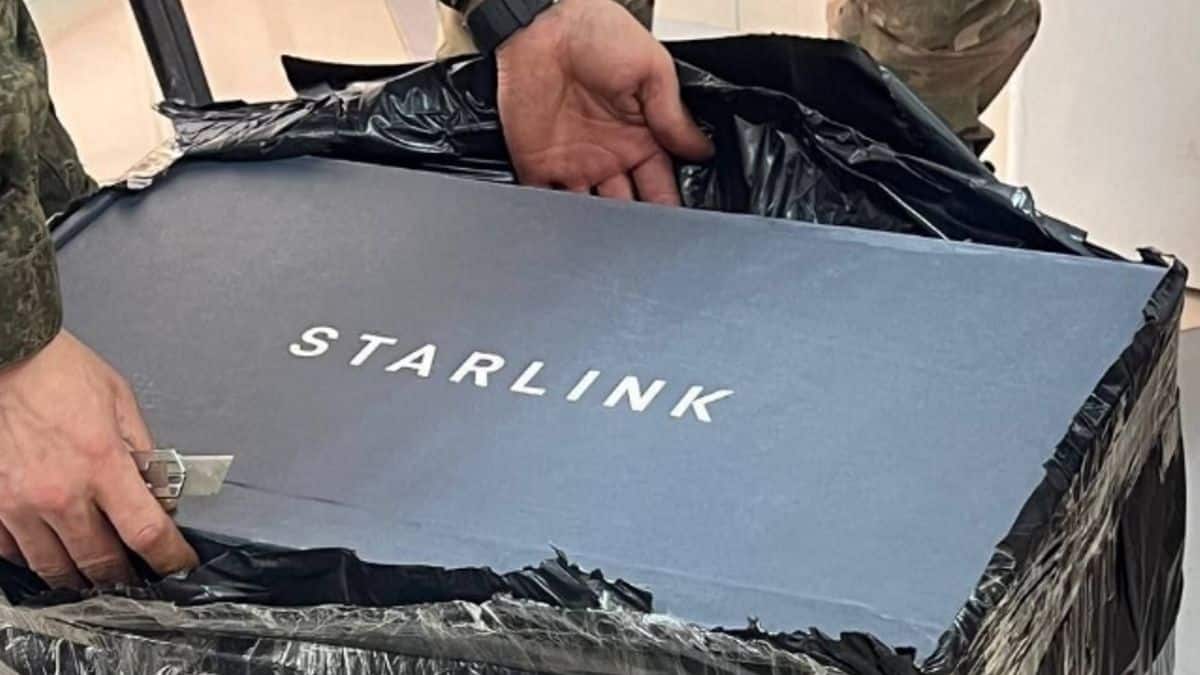 Image Credits - Militarnyi
Image Credits - Militarnyi
The U.S. military has successfully blocked Russian forces from illegally tapping into SpaceX’s Starlink satellite internet during the invasion of Ukraine, a senior Pentagon official revealed.
In a disclosure that points to a new dimension of the 21st-century battlefield, the official confirmed the Russian military had been improperly accessing Elon Musk’s game-changer Starlink system to boost its communications in Ukraine. However, the Pentagon managed to shut down this unlawful exploitation.
John Plumb, assistant secretary of defence for space policy, told reporters the U.S. “has successfully countered Russia’s use so far” of the commercial satellite network owned by Musk’s SpaceX. He warned that American agencies “are confident that Russia will continue to try to find ways to use Starlink and other commercial communications systems” to overcome its forces’ communications deficiencies.
Plumb declined to specify the tactics and countermeasures employed to prevent Russia’s piracy of Starlink’s secure broadband connections. Doing so could compromise operational security as this virtual battlefront intensifies, with U.S. cyber operators undoubtedly working to wall off Starlink’s systems from further Russian intrusions.
The revelation underscores how Silicon Valley’s pioneering satellite technologies have swiftly emerged as a new front in modern warfare. In the opening weeks of Russia’s full-scale invasion, SpaceX sent Starlink terminals to Ukraine to provide an alternative internet network after Russian strikes disrupted terrestrial communications.
Ukraine has leveraged Starlink’s connectivity for military and civilian use, including drone control and frontline operations. Russia has sought to co-opt the system too, likely to skirt its own military’s limited communications capabilities.
The Pentagon’s disclosure indicates the importance both Moscow and Washington place on controlling usage of Space-Age tech like Starlink as a force-multiplier on the future battlefield. Plumb made clear the U.S. intends to protect these new digital frontiers from adversary co-options.
